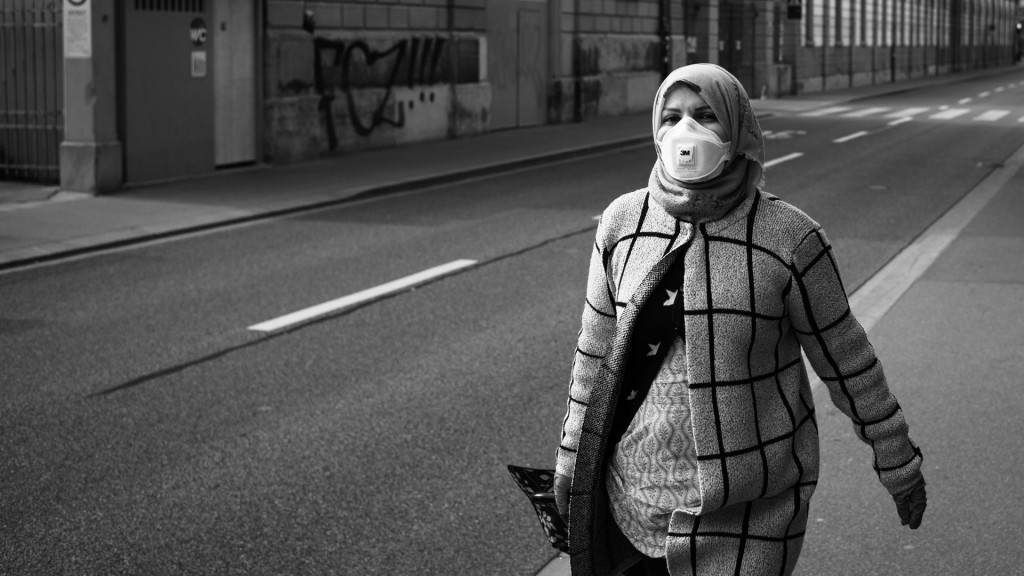The COVID-19 pandemic is widening the justice gap

Justice systems are vital to responding to the COVID-19 pandemic and mitigating its worst effects. A new briefing by the Taskforce on Justice, co-chaired by Hina Jilani calls for urgent action to ensure justice for all in this public health emergency. Read her foreword:
Justice actors face daunting responsibilities as they design, implement, and enforce new measures to prevent the spread of infection. Measures that heighten the risk of human rights abuses and can undermine trust, at a time when the justice system most needs to maintain the public’s confidence.
For better or for worse, justice systems and justice workers are on the frontline of this pandemic. If we get our response right, societies will be better able to confront the pandemic effectively and fairly. That will build the foundations for reset and recovery. If we get it wrong, it is no exaggeration to say that people will die unnecessarily.
In our Justice for All report released last year, the Task Force on Justice noted that 1.5 billion people had a justice problem that they could not resolve. Now, as well as before the pandemic, marginalized communities – already poorly served by justice systems – face the highest risks, as do vulnerable groups. The pandemic is widening this justice gap, with the problems that many people face increasing sharply and the ability of justice actors to respond declining.
This briefing – Justice for All in a Pandemic – discusses the most pressing priorities that the public health emergency poses for justice leaders and proposes seven areas for urgent action as the tide of infections continues to spread. It will soon be followed by a second briefing to cover the role justice plays in the economic crisis and recovery, and in building cohesion and hope for a better world.
In the health sector we are seeing a massive global effort, with people coming together in response to the pandemic. Unprecedented international cooperation, a global drive to find treatment and a vaccine, and an intensive sharing between health professionals as they battle the pandemic.
This briefing too has been a collective effort, but it is only the beginning. It is also a call to action for the justice community to rally to help countries under extraordinary pressure get it right.
We call on everyone working for justice – globally, nationally, locally – in government, civil society, community organisations or the private sector – to pull together to resolve the justice problems the pandemic is creating, to prevent injustices from occurring, and to use justice as platform for people to play the fullest possible role in their economies and societies.
This foreword was co-signed by Hina Jilani, Willy Mutunga and Jeroen Ouwehand.
Hina Jilani is an Elder, a member of the group of independent global leaders brought together by Nelson Mandela working for peace, justice and human rights. A human rights lawyer from Pakistan, she is co-chair of the Task Force on Justice.
Willy Mutunga is Chief Justice & President Supreme Court, Republic of Kenya, 2011- 2016. Now building the Office of the Former Chief Justice (OFCJ) as a public office as decreed by the Kenyan Parliament. He is also one of the founding members of the Justice Leadership Group.
Jeroen Ouwehand is the Global Senior Partner of Clifford Chance. Clifford Chance and HiiL have a partnership on justice innovation at scale, with a special focus on Africa
(www.theelders.org)






